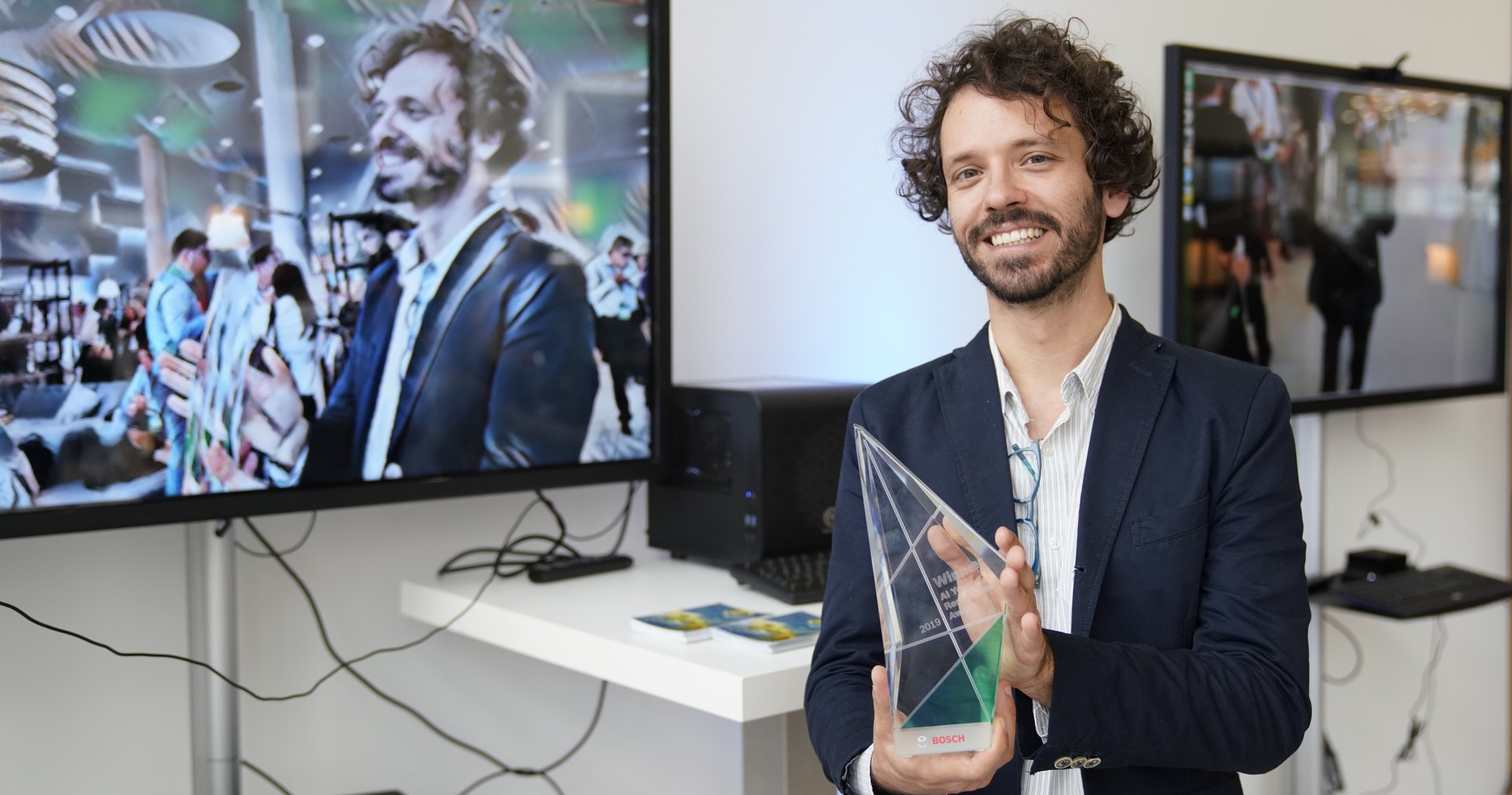2021-10-27 15:30:00 2021-10-27 16:30:00 America/Indiana/Indianapolis IE FALL SEMINAR Logistic Q-learning Gergely Neu, Research Assistant Professor, Pompeu Fabra University, Barcelona - Spain https://purdue-edu.zoom.us/j/93398224438?pwd=akRob1RqeDJTWXRnYURMWjU0aXdoUT09
IE FALL SEMINAR
Logistic Q-learning
| Event Date: | October 27, 2021 |
|---|---|
| Time: | 3:30 pm EDT |
| Location: | https://purdue-edu.zoom.us/j/93398224438?pwd=akRob1RqeDJTWXRnYURMWjU0aXdoUT09 |
| Priority: | No |
| School or Program: | Industrial Engineering |
| College Calendar: | Show |
ABSTRACT
We propose a new reinforcement learning algorithm derived from a regularized linear-programming formulation of optimal control in MDPs. The method is closely related to the classic Relative Entropy Policy Search (REPS) algorithm of Peters et al. (2010), with the key difference that our method introduces a Q-function that enables efficient exact model-free implementation. The main feature of our algorithm (called QREPS) is a convex loss function for policy evaluation that serves as a theoretically sound alternative to the widely used squared Bellman error. We provide a practical saddle-point optimization method for minimizing this loss function and provide an error-propagation analysis that relates the quality of the individual updates to the performance of the output policy. Finally, we demonstrate the effectiveness of our method on a range of benchmark problems.
BIOGRAPHY
Gergely Neu is a research assistant professor at the Pompeu Fabra University, Barcelona, Spain. He has previously worked with the SequeL team of INRIA Lille, France and the RLAI group at the University of Alberta, Edmonton, Canada. He obtained his PhD degree in 2013 from the Budapest University of Technology and Economics, where his advisors were András György, Csaba Szepesvári and László Györfi. His main research interests are in machine learning theory, including reinforcement learning and online learning with limited feedback and/or very large action sets. Dr. Neu was the recipient of a Google Faculty Research award in 2018, the Bosch Young AI Researcher Award in 2019, and an ERC Starting Grant in 2020.

